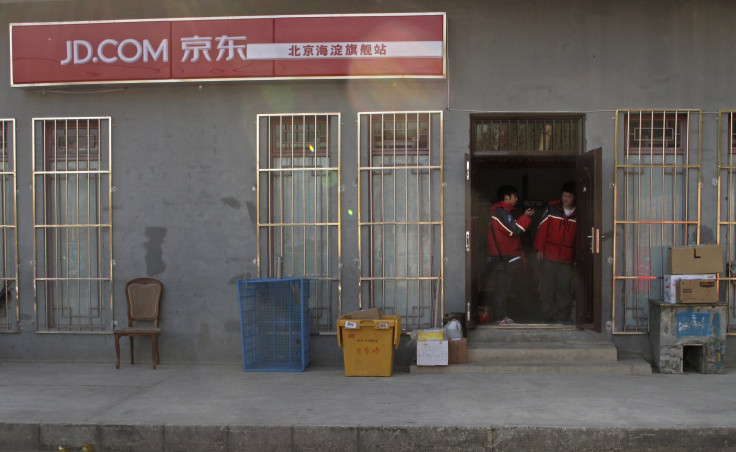China’s Leading Online Cosmetics Retailer Shuts Third-Party Store Over Sale Of Fake Products On Its Website

Jumei.com, China’s leading online cosmetic retailer, has barred a third-party vendor from selling on its website after a media investigation revealed that it was selling fake products to many e-commerce platforms in the country. Belle Boutique reportedly sold China-made knock-offs of luxury goods such as watches, clothes and bags, under popular global brand names such as Armani, Hermes and Burberry.
Jumei International Holdings (NYSE:JMEI), which operates the Jumei.com platform, reportedly apologized Monday and said that it has removed all products by “Belle Boutique.” The company also reportedly said that it is investigating the seller to determine how it could provide exhaustive documents to certify the authenticity of the fake products.
“We sincerely apologize to all customers who bought from the supplier and will provide non-conditional product return services,” the company reportedly said, according to a statement emailed to the Global Times.
According to a report by tech.qq.com, cited by the South China Morning Post, or SCMP, Belle Boutique had links to Xiangpeng
The company said that, in response to the report, it has closed Xiangpeng
"The selling of fake goods online and off-line, ranging from liquor, cosmetics and clothing, is very common in China," Lu Zhenwang, founder of Shanghai Wanqing Commerce Consulting, told the Global Times on Monday.
Doug Young, a financial journalism professor at Fudan University, said, according to SCMP: “It’s hard for the platform operator to ensure the quality and authenticity of goods offered by these third-party merchants, since there are often hundreds or even thousands of such merchants on many such platforms.
“Jumei is a much younger company and has much less experience in the business. So it’s not really a huge surprise that it is still trying to figure out ways to ensure that fake goods aren’t sold on its platform by third-party merchants.”
Jumei.com was launched in 2010 and has become one of the leading online retailers in the country. According to a report by Beijing-based SooToo.com Inc, the company is expected to generate sales worth $4.4 billion in 2014.
"In order to pursue high profits, some merchants usually sell authentic goods at the beginning but then start selling fake ones later. And some even forge their business licenses," Zhao Zhanling, a Beijing-based IT legal expert told the Global Times on Monday.
© Copyright IBTimes 2024. All rights reserved.











